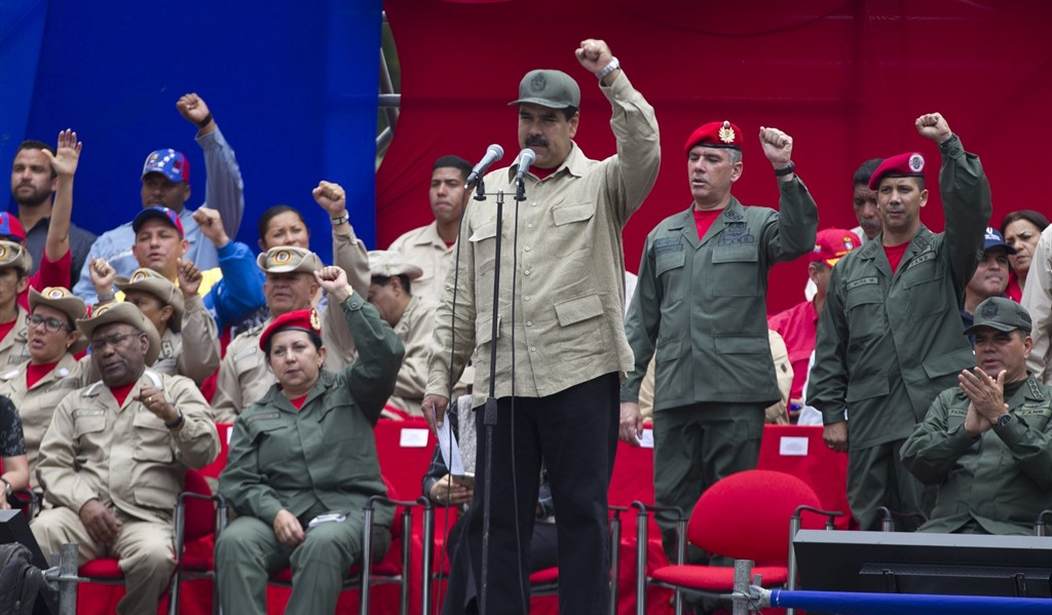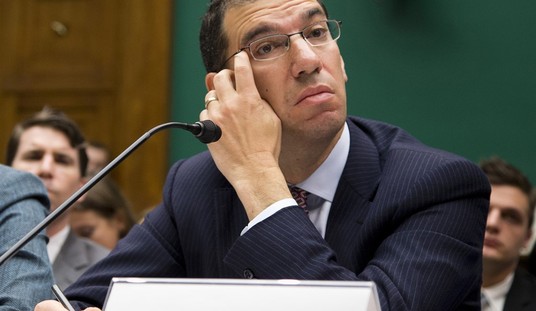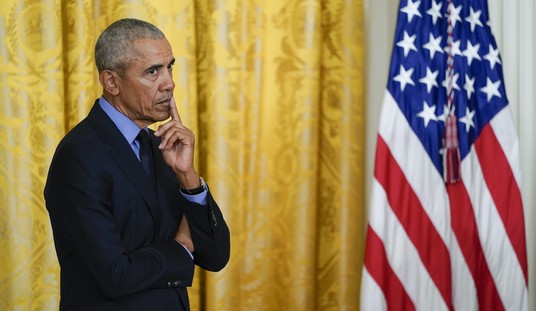One factor that has helped the socialist dictatorship of Nicolas Maduro survive in Venezuela is the strong support of much of the media. Cesar Batiz, editor-in-chief of El Pitazo, monitored the country’s TV news channels over the past month and found their coverage had certain things in common. He tells Al Jazeera, “The channels gave more airtime to government spokespeople criticizing the demonstrations than to voices from the opposition.” But at rallies supporting the government, the government and the attendees were interviewed but the opposition was not.
This government-friendly approach isn’t the result of government minders controlling what goes on air, much of it is self-censorship by journalists who are very aware their careers (and freedom) could be at stake if they go too far in their criticism of the regime.
Globovision was an openly anti-government channel until 2013, when it was sold to Juan Domingo Cordero, an insurance tycoon close to the government. Then it announced a change to its editorial line – moving to what it called the “centre”.
People such as Vladimir Villegas, leftist voices, were hired by Globovision. But even they have grown critical of a government they had long defended. Villegas and the channel must watch their words. The Minister of Information – who happens to be Villegas’ brother – has delayed the renewal of Globovision’s licence. If they push it too far, the channel could be off the air.
“Globovision is trying to get a diversity of opinions. Before, the channel was a political party with a camera. But now if you compare us against the old Globovision you will find a big difference. Our dilemma, however, is this: do we keep this space or do we adopt a heroic posture and get shut down, and this window gets closed?” says Globovision host Vladimir Villegas.
It really is that simple. You can speak up and risk a) losing your job and b) winding up in a military prison or you can moderate your criticism just a bit. Of course we’d all like to think we’d do the heroic thing. But most people aren’t heroes and if one possible result of speaking up is that you watch your family starve because you can’t get a job in your field, that’s a lot to ask of anyone.
Meanwhile, I noticed that over at Jacobin, an online magazine “offering socialist perspectives on politics, economics, and culture,” they have a lead article today titled “Why is Venezuela spiraling out of control?” There’s an obvious answer to that question: socialism failed again. But needless to say, Jacobin isn’t interested in that explanation. Instead, the author grudgingly admits the country might have a problem with authoritarianism:
Yet while previous claims of Venezuela’s authoritarianism had little merit, this is no longer the case. A series of government actions since early 2016 has made it increasingly difficult to contest the idea that Venezuela is moving in an authoritarian direction. First, throughout 2016 the Supreme Court, which is clearly and even openly subordinate to the executive branch, blocked the opposition-controlled National Assembly, which won the legislative majority in December 2015, from passing any major legislation. In some cases, the legislature was attempting to act beyond its authority, for example, in seeking to grant amnesty to prisoners like Leopoldo López. Yet the Supreme Court’s systematic blockage of the National Assembly effectively rendered the opposition’s newly captured legislative majority — and thus the December 2015 election results — null. Second, after months of foot-dragging, the government cancelled a constitutionally allowed recall referendum process in October 2016.
Third, the government indefinitely postponed municipal and regional elections that should have occurred in 2016, according to the constitution (although Maduro recently moved to set a date for the elections). Fourth, as noted, the Supreme Court issued a ruling dissolving the National Assembly in March, before partially reversing itself days later, after Maduro asked the Supreme Court to review its decision. Maduro was spurred to action when his own attorney general, Luisa Ortega, took the unprecedented step of publicly condemning the Supreme Court decision as “a rupture in the constitutional order.” Fifth, in April 2017 Henrique Capriles, a leading opposition figure and two-time former presidential candidate (in 2012 and 2013), was banned from participating in politics for fifteen years, on highly dubious grounds.
The author apparently didn’t see any of this coming. He cites the ruling preventing Henrique Capriles from running for office as a sign of authoritarianism, but what about putting the other leading opposition figure, Leopoldo López, in a military prison on trumped up charges? That happened three years ago and should have been a hint the ruling socialists were heading down an authoritarian road.
Jacobin’s summary of the situation doesn’t mention why people are in the streets: they’re starving to death. Venezuelans have resorted to digging through trash and eating stray pets to stay alive. The socialist government is in charge of food distribution and has even taken over bakeries recently, but the system is a complete disaster. There’s nothing funny about the situation in Venezuela, but there is something funny about the socialists who cheered for the country and are just beginning to realize it might be an authoritarian hellhole.








Join the conversation as a VIP Member